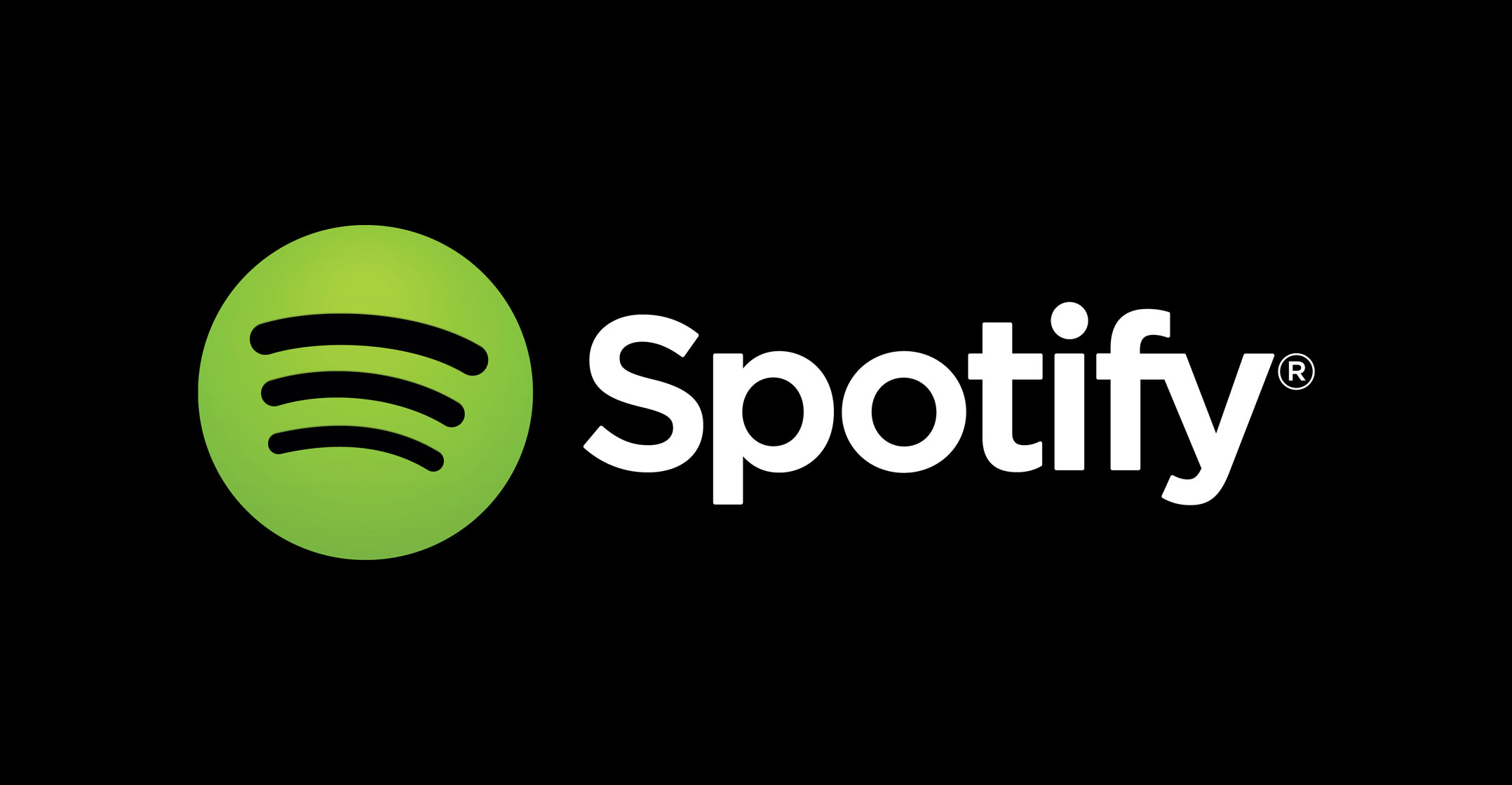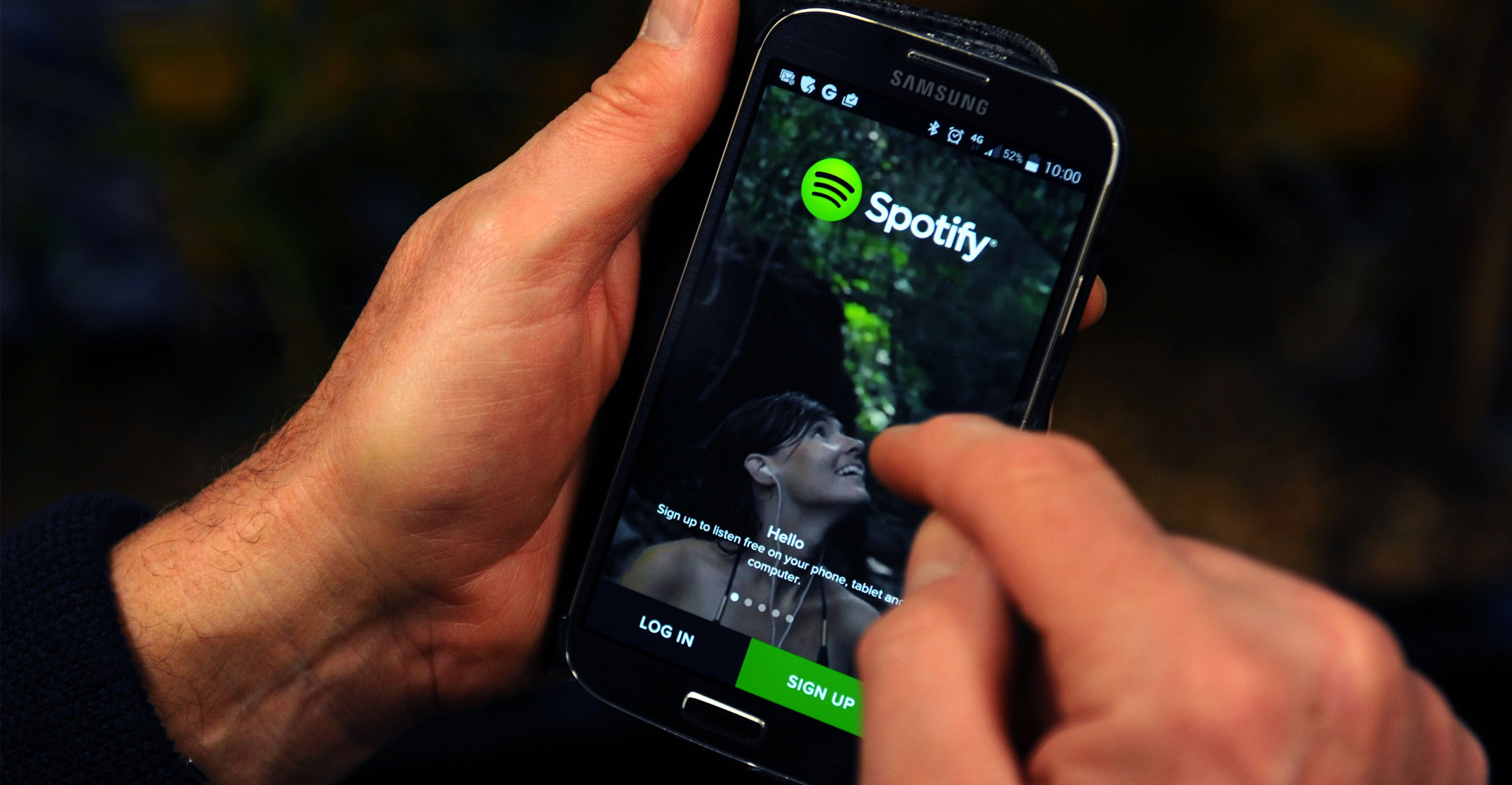 Spotify Technology plans to sell a more expensive version of its music service in Scandinavia, a test to see whether it can raise prices around the world, according to people familiar with the matter.
Spotify Technology plans to sell a more expensive version of its music service in Scandinavia, a test to see whether it can raise prices around the world, according to people familiar with the matter.
Spotify will raise the price of its family plan by about 13%, said the people, who asked not to be identified because the increase hasn’t been announced. The test doesn’t mean Spotify will raise prices elsewhere or do so permanently in Scandinavia, they said. The company declined to comment.
Raising prices could boost revenue in markets where Spotify already has a strong presence. The company is based in Stockholm, and its music service is the dominant player across Northern Europe. The current family plan costs about US$15/month and lets up to five people use the service. Spotify has also tested a plan called Premium Duo that offers two subscriptions for €12.49/month.
Higher prices might help placate music companies, which have complained about falling revenue per user. They’ve previously questioned why Spotify doesn’t use its market-leading position to raise rates. The average price paid by Spotify subscribers has declined for a few years because of discounts to draw in new customers and growing use of family plans.
With 108 million paying customers, Spotify is the largest paid music service in the world, and it’s unlikely to surrender that crown any time soon. The company says it’s growing faster than its closest competitor, Apple Music, which also charges $15/month for a family plan and had about 60 million customers at midyear.
Losing money
But Spotify still loses money. The company has been reluctant to increase prices because it’s still in a growth stage, relying on discounts to keep customers and attract new ones as people become accustomed to streaming on demand. While the company has grown quickly, only a minority of music listeners around the world have adopted the technology, and Spotify executives have said the addressable market is at least a billion people.
North America, Latin America and Europe account for more than 80% of Spotify’s customer base. The company is making a big push in Asia, where it has sold its service at low prices to compete with local players and free alternatives such as YouTube.
 Spotify is also under pressure from competition. It offers more or less the same product as Apple, YouTube and Amazon.com — millions of songs available on demand, as well as playlists and podcasts.
Spotify is also under pressure from competition. It offers more or less the same product as Apple, YouTube and Amazon.com — millions of songs available on demand, as well as playlists and podcasts.
But Apple, YouTube and Amazon don’t need to make money on music. They can use their music services to profitably sell other products, whether it’s iPhones, advertising or toilet paper. Spotify doesn’t have that luxury. — Reported by Lucas Shaw, (c) 2019 Bloomberg LP

